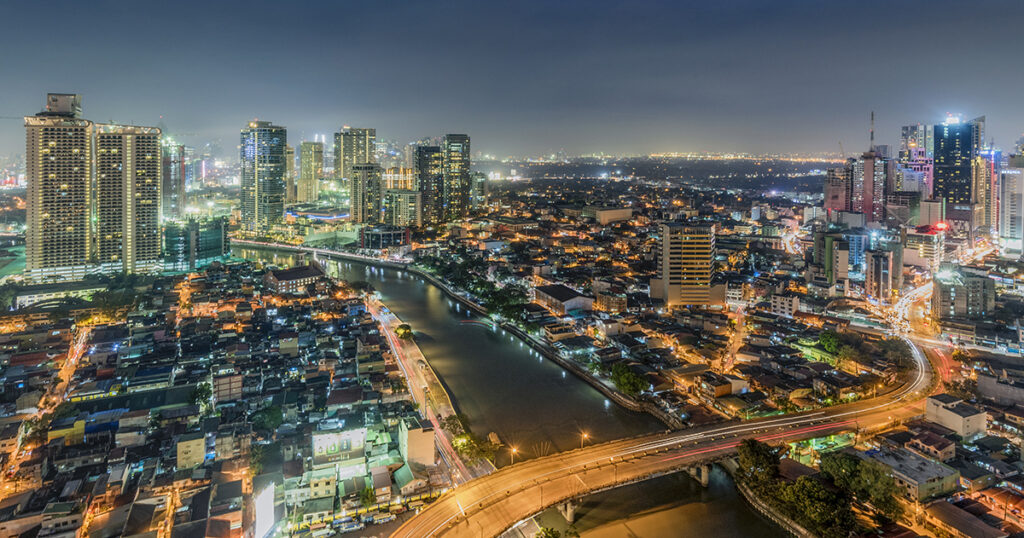Foreigners looking at starting a business in the Philippines must understand that this isn’t always easy sledding. Despite its robust, English-speaking workforce and younger-skewing demographics, many oversea individuals pass over the country in favor of the transparent stability of Singapore or the organized chaos of Thailand.
However, if you are willing to put in the work and see past some of the hair-pulling hurdles, success is possible in the Philippines assuming you understand the market and have done your homework before entering.
But before you can realize success, you’ve got to get your company up and running. To that end, here is what foreigners need to do before starting a business in the Philippines.
Also Interesting: Here’s what you need to know about the Philippines Build Better More infrastructure plan
What do foreigners need to do before starting a business in the Philippines?
Before we talk about what you need to do, let’s go over the industries that allow 100 percent foreign ownership:
- Wellness operators
- Insurance adjustment companies
- Lending companies & investment houses
- Training centers offering short-term, high-level skills development
- B2B services (minimum investment requirements apply)
- Internet businesses (except mass media)
- Domestic enterprises (minimum investment requirements apply)
- Export enterprises (some restrictions apply)
A few industries in the Philippines, such as mass media, do not permit any foreign ownership. For any company that doesn’t fit into the previously mentioned categories, an ownership stake for non-Filipinos is capped at 40 percent in most cases.
Step 1: Choosing an ownership structure for your Philippine business
There are six different types of business structures in the Philippines but only two apply to most startups or SMEs. These are the domestic corporation and one-person corporation companies. The remaining four are focused more on larger firms looking to enter the market in one form or another.
So, which structure is right for your Philippine business? Here is a brief look at each type.
Domestic corporation
A domestic corporation operates similarly to a Limited Liability Company (LLC) and can support both 100 percent foreign-owned companies as well as ones with a local partner. Capital requirements vary and are based on if you are running an export-focused enterprise or dependent upon the local market.
One Person Corporation
The One Person Corporation (OPC) structure is geared more toward entrepreneurs and startups. This permits a single stockholder who is also the sole director and president. This person has full authority over the entire operation.
Step 2: Register your business name
Next up, you’ll need to register the name of your business. For those choosing a sole proprietorship, this can be done at the Department of Trade and Industry. For businesses pursuing domestic corporation status, the name must be registered with the Securities and Exchange Commission.
Step 3: Secure a business address

All businesses are required to have an address. Several co-working or serviced office spaces do offer this as a service which is one possible solution to get you through that first year or two.
Related: What documents do you need when buying property in the Philippines?
Step 4: Get a taxpayer ID number
After this, it is time to visit the Bureau of Internal Revenue (BIR) and get a Taxpayer Identification Number (TIN). This will ensure that your company can pay taxes. You start the process online here.
Step 5: Open a local bank account
The owner of any new business in the Philippines must open a bank account and deposit at least PHP5,000 (US$100) together with additional requirements such as articles of incorporation and identification documents.
Step 6: Set up employer status
If you plan on hiring local employees, you will need to register as an employer at several government agencies including:
- SSS (Social Security System)
- Pag-IBIG
- PhilHealth DOLE (Department of Labor and Employment)
Step 7: Handle other relevant government approvals
Other permits and licenses may be required depending on the location and type of business you own. For example, if you’re starting a restaurant, you need to secure a permit from the local health department. In other cases, you may need a business permit from the mayor’s office.
What about a visa and work permit?
This is perhaps the biggest challenge for foreigners starting a business in the Philippines. In theory, those launching a company can apply for the 9G visa. Once that has been granted, you can then apply for a Special Work Permit or Alien Employment Permit depending on how often you plan on working in the country.
That is theory, however. The reality is this can prove to be fairly complicated and doesn’t always end with you receiving the visa. This isn’t to say it can’t happen, but you need to be prepared for an opaque process.
Final thoughts

Foreigners starting a business in the Philippines must go in with realistic expectations. Namely, the process won’t be easy. You will face numerous hurdles that can be very discouraging, especially when compared to other countries in Southeast Asia.
Your best, and maybe only, option is to hire a legal professional. They can help you sift through the complexities and eventually get your company up and running in the Philippines. And that is a good thing seeing just how many opportunities currently exist.
Keep Reading: Why does the Philippines need to develop tourism-focused real estate?

































